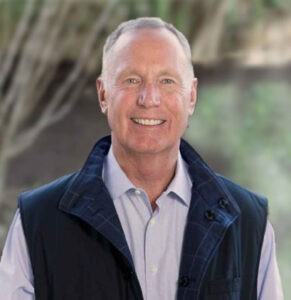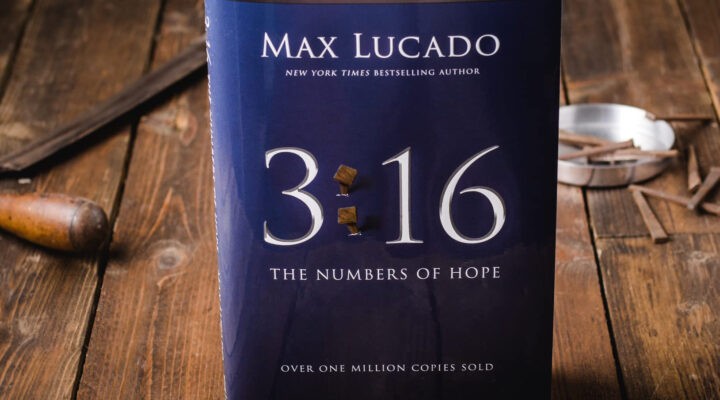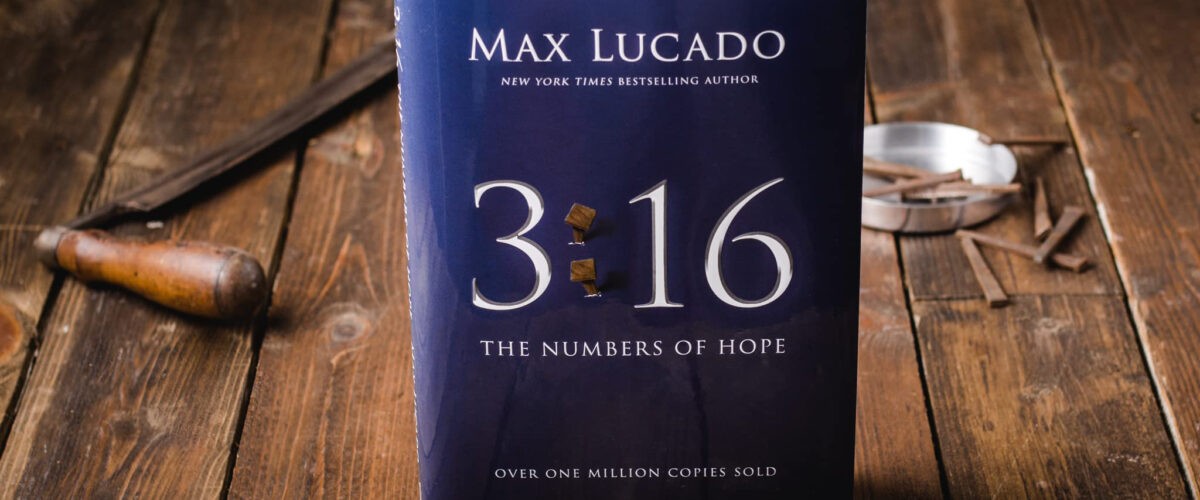John 3:16 is one of the most recognizable verses in the Bible, comprising a mere 26 words. Its message is one that author and pastor Max Lucado doesn’t want people to forget.
In his New York Times bestseller, 3:16, The Numbers of Hope, Lucado is a man on a mission to let the world know that Christ-followers have been given the assignment of telling the good news.
“Jesus in no way desires for any of us to miss out on this invitation, but he allows us to choose,” he explained in an interview. “The invitation comes in the form of eternal life, and it comes through his willingness to give his one and only son. It begins with God so loved the world. He loved the world in a way that prompted him to share what we needed, a sacrifice for our sins. The consequence of saying yes to his invitation is eternal life. The consequence of rejecting that sacrifice is that we perish. So, John 3:16, I view as such a treasure because it’s a table of contents for the Christian hope. Yeah. Every word will lead us into a whole discussion of these big ideas, these great ideas of the gospel.”

Max Lucado
Even in an interview, he is preaching his message of gospel hope. This is a message he received loud and clear as a college student and that consequently changed his life. Lucado grew up in Texas and desired to attend a state school. However, his father said he would only pay for him to attend a Christian school — the furthest thing from the young Lucado’s mind.
“By the time I was 18, I was a serious drinker,” he explained. “I often would say I was a six-pack-a-night guy. Maybe that is an overstatement, but I was a heavy drinker, a serious partier. I tended to get into fights, and most tragically, I was disrespectful toward women. I would not want my daughters to date the 18-year-old version of myself.
“My dad made me an offer. I wanted to go to the University of Texas. I grew up in Texas, and I wanted to go there. My friends were all going there, and back then, it was a lot more affordable. My dad knew that I would not be any different than I was if I had gone there. I needed a different environment or peer group.”
So his father offered an alternative. “There was this delightful little liberal arts college called Abilene Christian University, a great school. My dad knew they had mandatory Bible courses and chapel; he knew I needed something different. Nothing happened in any visible means for about a year and a half. I still ran with a bad crowd. I still did things for which I’m very ashamed, but I was going to those Bible classes, little by little. Those Bible classes really changed me. I was hearing the stories of Jesus.”
As time went by, he began to change. “I had two or three professors who I found to be very honest, good men, and little by little, I worked my way from the back of the class to the front of the class. By the end of my sophomore year, I was experiencing a true heart change, which culminated in a church service in March of my sophomore year where a preacher explained the gospel. I went home and made a commitment to Christ in that service.”
“We’re on the brink of forgetting the gospel, and we get tangled up in critical conversations, but secondary conversations.”
His goal now is to tell others how they, too, can be changed.
Yet he fears that with the cultural and political climate churches currently find themselves in, they may have lost focus on the simple message of John 3:16.
“We’re on the brink of forgetting the gospel, and we get tangled up in critical conversations, but secondary conversations,” he said. “The gospel is ‘God so loved the world, that whoever believes in him.’ I think that’s the answer right there. You believe him. I believe in him. Then we’re brothers, period. No questions asked. We may have to figure out how to get along. But if you believe and I believe, then we’re part of the same family. We’re siblings.
“John 3:16 is like a chlorine tablet in the swimming pool of society that can be plunged, just dropped into the conversation. Churches nowadays are being co-opted by political groups or by people who have certain ideological agendas. They want to get the message away from the core message. And the core message is always John 3:16.”
Related articles:
Faced with a health scare and a pandemic, Max Lucado is thinking about how to maximize the moment
Your gospel is too small | Opinion by Dan Day
Five qualities of good evangelism and good evangelists | Opinion by Priscilla Pope-Levison


